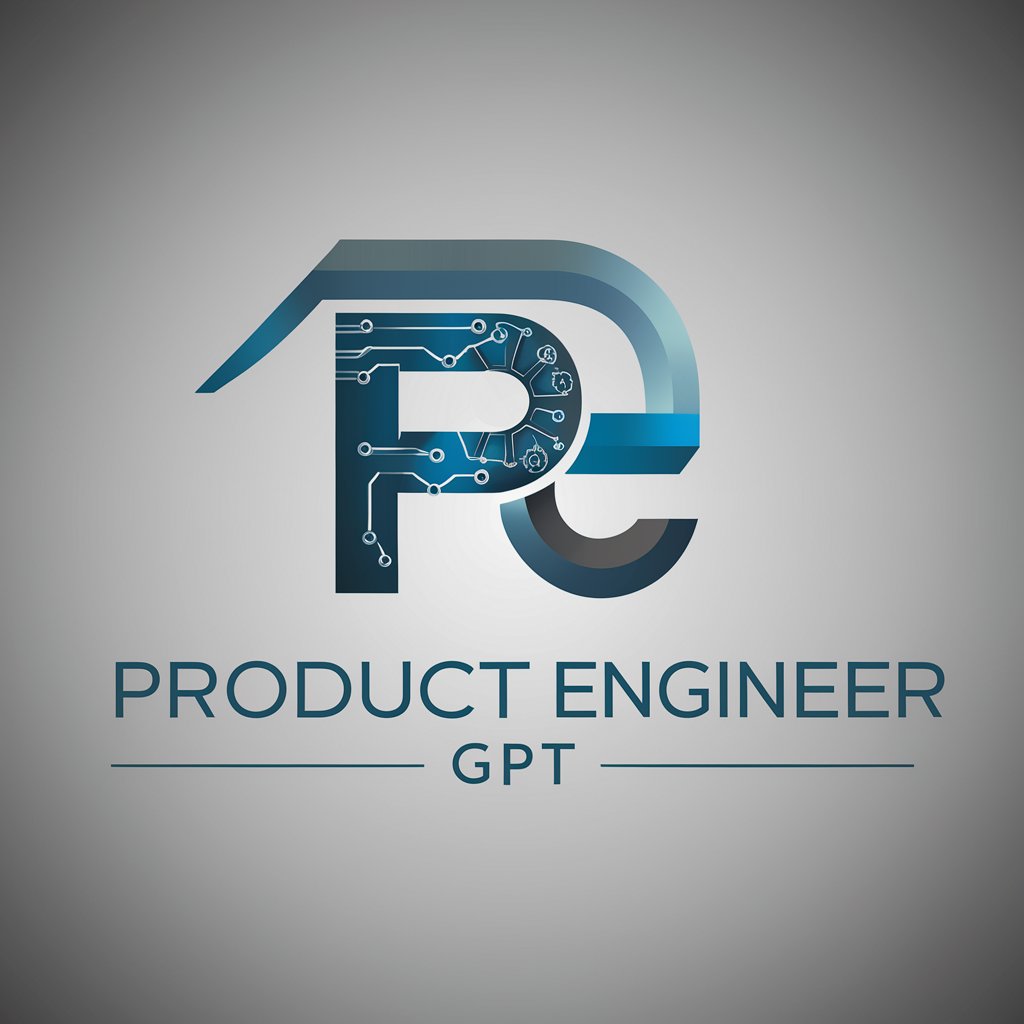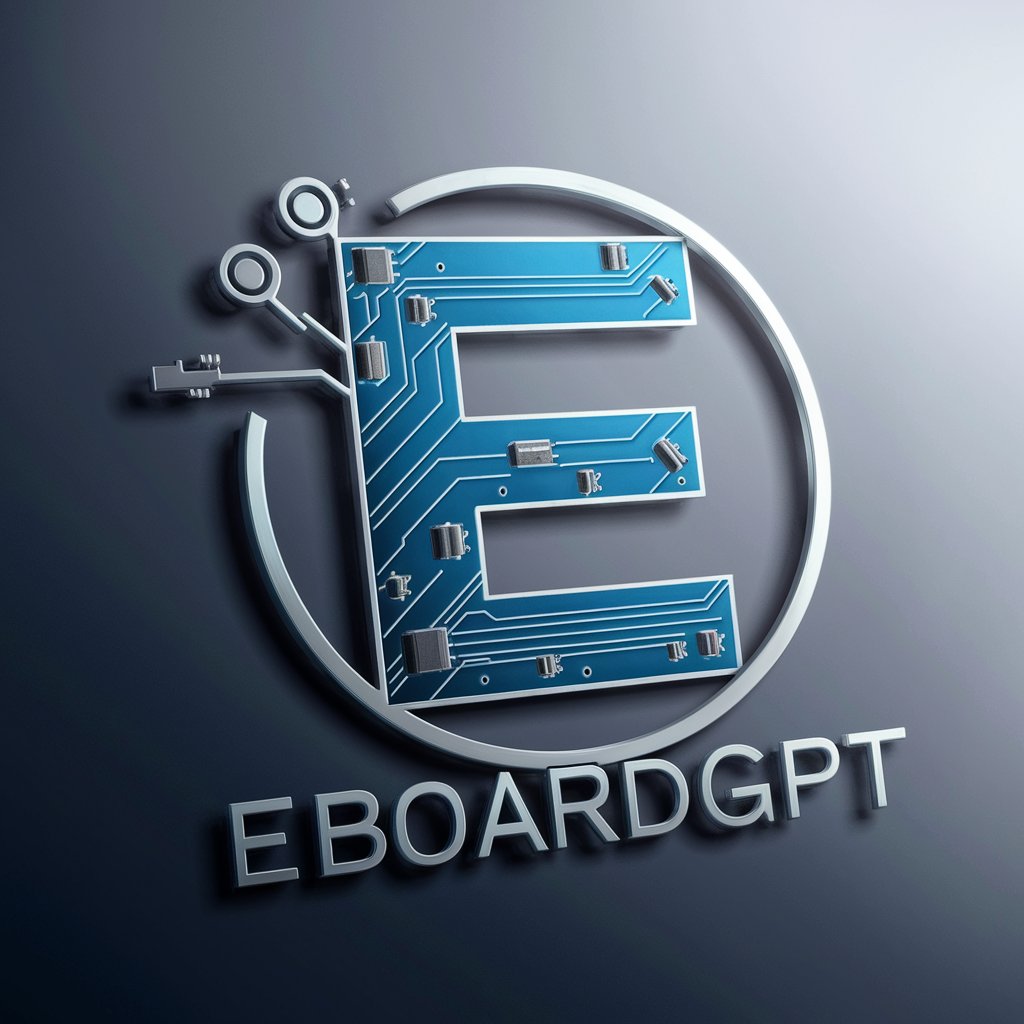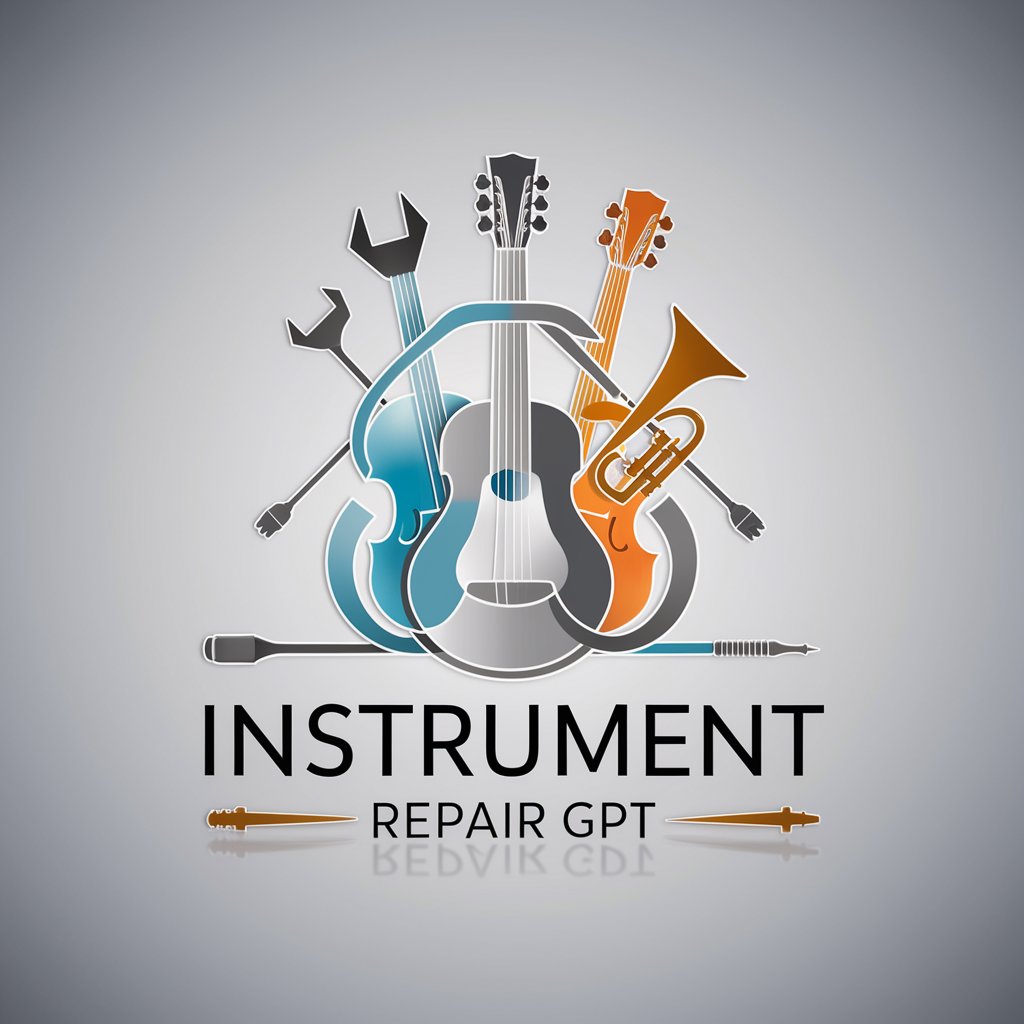3 GPTs for Electronic Troubleshooting Powered by AI for Free of 2026
AI GPTs for Electronic Troubleshooting are advanced, AI-powered tools designed to assist in identifying and resolving issues within electronic systems. Utilizing the capabilities of Generative Pre-trained Transformers, these tools analyze electronic circuits, software logs, and hardware problems, providing step-by-step troubleshooting guidance. By leveraging natural language processing and machine learning, GPTs offer tailored advice, making complex electronic diagnostics more accessible and efficient. Their application spans from simple consumer electronics troubleshooting to addressing intricate problems in industrial settings, highlighting their adaptability and precision in offering solutions specific to the field of electronics.
Top 3 GPTs for Electronic Troubleshooting are: Product Engineer,EBoardGPT,Instrument Repair
Distinctive Attributes and Functionalities
AI GPTs for Electronic Troubleshooting are distinguished by their adaptability, precision, and depth of knowledge in electronics. Key features include natural language understanding for interpreting technical documentation and user queries, complex problem-solving capabilities for hardware and software issues, and the ability to learn from new information. Specialized functions like circuit analysis, error log interpretation, and predictive maintenance advice are also prominent. These tools often integrate with databases, schematics, and diagnostic software, enhancing their troubleshooting effectiveness. Additionally, they may offer image recognition for identifying components and faults visually, alongside web search functionalities to pull in latest fixes and forum advice.
Who Benefits from AI in Electronic Diagnostics
The primary beneficiaries of AI GPTs for Electronic Troubleshooting include DIY enthusiasts, electronic engineers, technicians, and developers. These tools democratize access to expert-level troubleshooting, aiding novices without deep technical knowledge, while offering advanced users the ability to customize and extend functionalities. Educational institutions can leverage them for teaching purposes, and manufacturers may use them to improve service manuals or provide automated customer support.
Try Our other AI GPTs tools for Free
Schematic Analysis
Discover how AI GPTs for Schematic Analysis are revolutionizing the interpretation and creation of schematics with advanced AI technology, tailored for both novices and professionals.
Cultural Naming
Discover AI-powered Cultural Naming tools, designed to generate culturally sensitive and relevant names with ease. Perfect for creators and professionals seeking authentic naming solutions.
Astrological Considerations
Explore the future of astrology with AI GPTs for Astrological Considerations: your digital gateway to personalized horoscopes, celestial trends, and in-depth astrological analysis.
Parental Preferences
Discover how AI GPTs for Parental Preferences can transform your parenting journey with personalized advice, educational resources, and innovative support tailored to your family's needs.
Infrastructure Optimization
Discover how AI GPTs revolutionize infrastructure optimization, offering predictive insights, efficiency improvements, and smart management solutions for modern challenges.
Creative Content
Explore AI GPTs for Creative Content: transformative tools designed to innovate and enhance creative processes across writing, art, and design, accessible to all.
Expanding the Reach of Customized AI Solutions
AI GPTs for Electronic Troubleshooting exemplify how AI can be tailored to specific industry needs, offering scalable, efficient, and increasingly sophisticated solutions. Their integration into various sectors, from consumer electronics to industrial manufacturing, showcases their versatility. User-friendly interfaces and compatibility with existing workflows further enhance their utility, making electronic troubleshooting more accessible and effective across a broad range of applications.
Frequently Asked Questions
What exactly are AI GPTs for Electronic Troubleshooting?
AI GPTs for Electronic Troubleshooting are AI-driven platforms that assist in diagnosing and resolving electronic device issues, leveraging advanced algorithms to provide actionable solutions.
How do these AI tools understand complex electronic problems?
They use natural language processing to interpret technical documentation and queries, along with machine learning to analyze patterns and solutions from vast databases of electronic knowledge.
Can non-experts use these tools effectively?
Yes, these tools are designed to be user-friendly, providing step-by-step guidance that allows individuals without deep technical expertise to troubleshoot effectively.
Are these tools capable of real-time diagnostics?
Many AI GPTs for Electronic Troubleshooting can perform real-time diagnostics, analyzing data and providing solutions on-the-fly.
How customizable are these AI GPT tools?
For users with programming skills, these tools offer APIs and SDKs for customization, allowing the development of tailored troubleshooting solutions.
Can these AI tools replace human technicians?
While they significantly enhance troubleshooting efficiency, they are designed to augment human expertise rather than replace it, especially for complex or unique issues.
Do these tools stay updated with the latest electronic technologies?
Yes, AI GPTs for Electronic Troubleshooting continually learn from new data, ensuring their advice remains relevant to the latest technologies and solutions.
Are there any limitations to using AI for electronic troubleshooting?
While highly effective, these tools may not capture the nuance of every unique hardware configuration or emerging technology immediately, sometimes requiring human oversight for the most accurate diagnosis.


